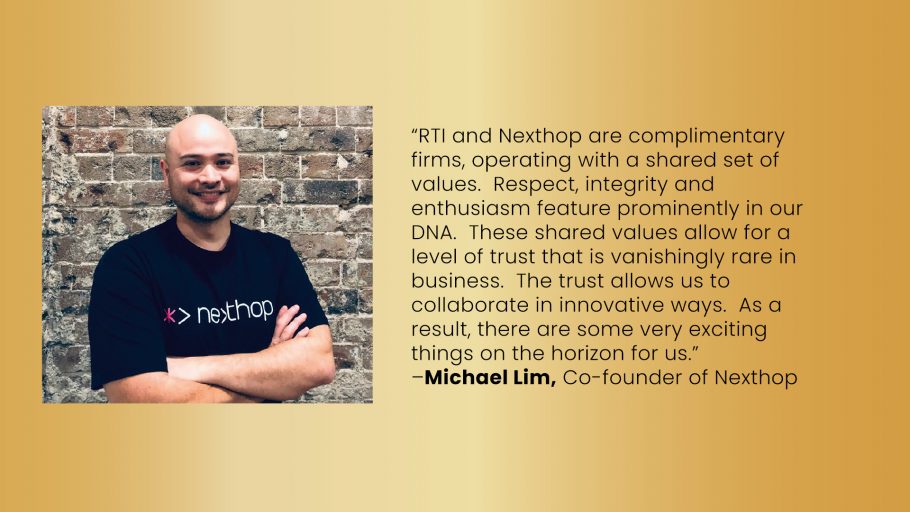The processes are the same and so are the agreements, but in my book, there is a significant difference between a strategic partner and a strategic relationship. And that difference-between a partner and a relationship-can mean everything.
STRETCHING OUR COMPANIES
Global businesses partner with others because we want to expand. We have to expand in order to grow our respective products and services-to help our companies realize their true potential. We try to find a like-minded party and we commit to sharing each other’s resources. The goal is realized when we successfully expand each other’s value. Sounds easy, right? Of course! We get the concept of finding solid partners but what’s so different about a partner versus the relationship?
PARTNERS VERSUS RELATIONSHIPS
I recently saw a company’s website proudly invite interested parties to join them stating: “We have thousands of partners around the world”. That sounds quite all right, but I wondered whether it might sound less credible-even disingenuous-if their invitation concluded with: “We have thousands of relationships around the world”. And that is precisely the point: strategic partners are just about finding complementary parties and signing a contract whereas strategic relationships are far superior as they are built by human connections resulting from emotional investments.
HOW DOES A STRATEGIC RELATIONSHIP WORK?
Outside of work, we invest in relationships through effective communication and shared values. To last, they must be emotional investments. To provide an example of establishing strategic relationships, and what it takes to maintain them, I’ll tell you how RTI achieved the impossible-completing its third transpacific cable in just six years. The secret? Strategic relationships!
COMMUNICATION
RTI invested hundreds of millions of dollars in subsea fiber optic cables that span three continents and equate to more than 38,000 kilometers of fiber at the bottom of the ocean. We sought out people where the cable lands. We hired contractors, sub-contractors, and individual subject matter experts. We worked with hundreds of people during the six years of construction.
Building global infrastructure means that there are constant problems and issues to be solved. Several of these problems revolve around communication. Although it takes time for both partners to get on the same wavelength-and that means challenges to be met-we at RTI strive to understand instead of waiting to be understood. We believe that being a good communicator means accepting that everyone is equal, always. Nobody is special-therefore, everybody is special.
Developing any relationship requires work: you have to make yourself vulnerable, willing to learn and admitting when you get it wrong. Communicating is not so much about wording things perfectly but about making the effort-showing up, and the foundation is always built on honesty and integrity. That’s true of all great relationships.

When the then CEO of TPG, David Teoh, agreed to buy $20M of bandwidth on our SEAUS cable, it was done with a handshake. He looked at his counsel and said, “Get it done!” On David’s word it got done. I thought that was extraordinary and continue to admire what he has created and how he is changing the world. TPG remains a very important strategic relationship for RTI.
One of the great things about long-term infrastructure builds is that you develop lifelong friends. That makes it far more important than “just business”. Completing these near-impossible tasks is all about effectively communicating across cultures, politics, and languages.

